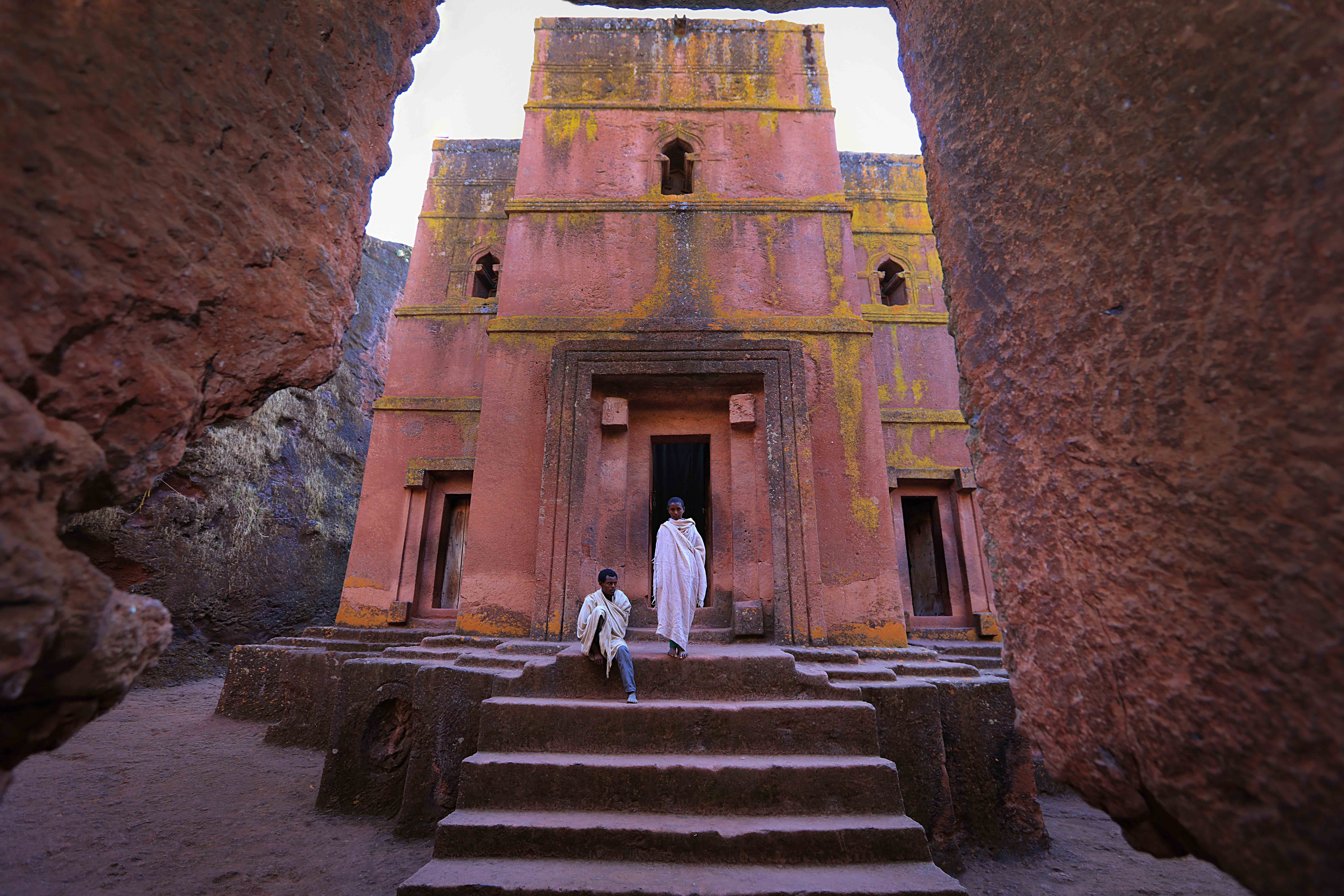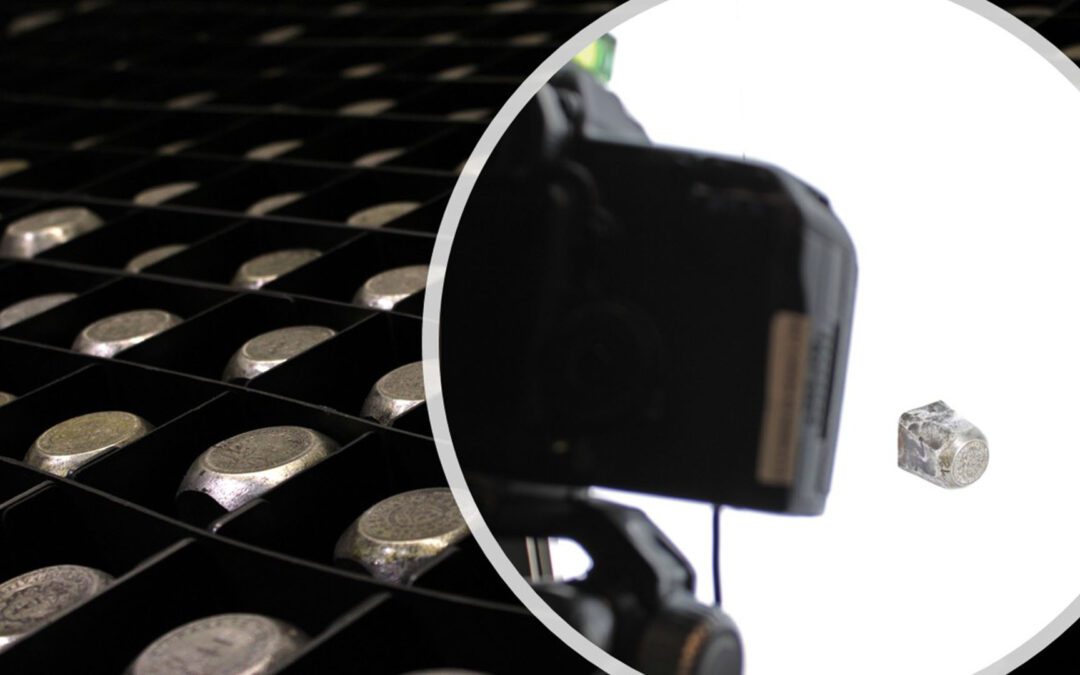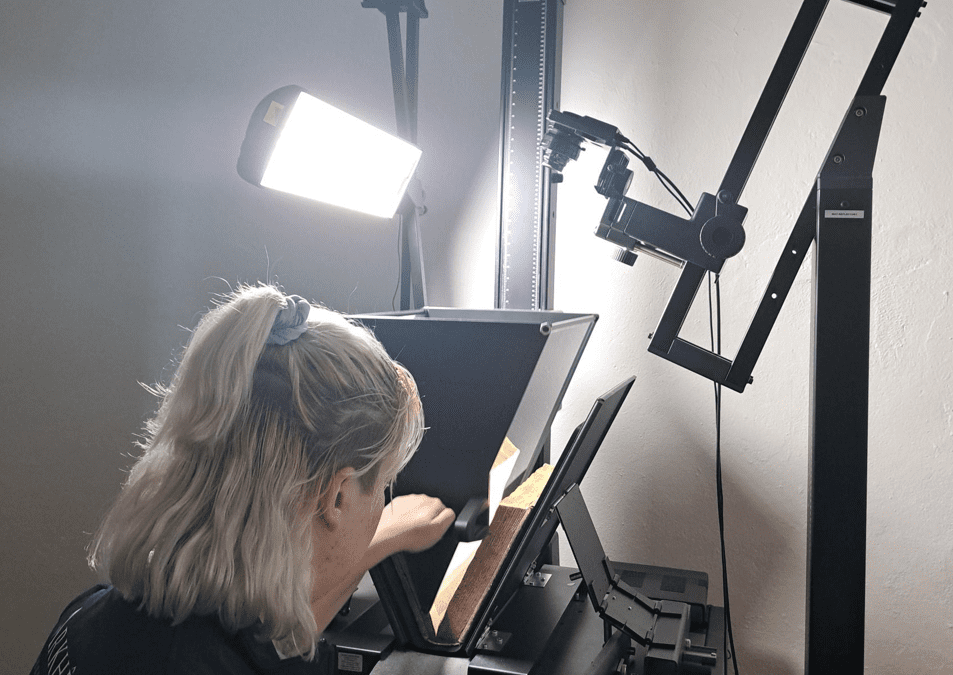Arkhênum brings its heritage expertise to Ethiopia


Experts from Arkhênum, a MEMORIST company, have just finished work on the Sustainable Lalibela project in Ethiopia. Led by the CNRS and executed by the French Center for Ethiopian Studies, this project formed part of a Franco-Ethiopian plan to restore, conserve and enhance the Lalibela archaeological site.
Lalibela, a fragile and living archaeological site
The heart of Ethiopian Orthodox Christianity, Lalibela is made up of 11 churches carved out of rock. This living heritage site, located in the heart of a city of 60,000 inhabitants, not only welcomes 1,000 deacons and priests but also many pilgrims on a daily basis.
Beyond safeguarding the religious buildings threatened by erosion, the project also focused on digitally preserving local archives, manuscripts and oral memory.


Sustainable Lalibela: 5 areas of intervention


The project’s primary objective was to preserve and enhance the site. As such, it included a major archaeological component, but there was also a heritage preservation component that included the creation of a digital heritage resource centre. It was for this component that Arkhênum’s expertise was required.
Establishing an autonomous heritage digitisation workshop and training local staff to manage the digitisation process was an important step in the preservation of Lalibela’s documentary collections. There are 200 manuscripts preserved in the 11 churches, but they are not accessible to the public.


Setting up a digitisation workshop
The Arkhênum team first conducted an audit to define the requirements of the digitisation workshop to be set up on site: types of scanners, digitisation accessories, software, etc.
The various components were then delivered to the Lalibela site which is located in the heart of the Ethiopian highlands, 400km from the capital Addis Ababa.
Project manager Lisa then set up the digitisation workshop in the presence of the local trainees.
2 weeks of intensive training


The training brought together 15 participants made up of local clergy, staff from the Lalibela cultural centre and the Lalibela museum.
Conducted in English and Amharic, it equipped the learners with the skills to ensure that the site’s preservation continues long after the Arkhênum team has returned to France.
The theoretical training covered:
- How to complete an inventory file after digitisation
- How to analyse a collection for digitisation (status report, feasibility)
- The practice of digitisation and points of vigilance
- The generation of deliverables (file layout and organisation)
- Metadata management
- Commissioning a digitisation station
- Calibrating a scanner: lighting, colour and definition
- Configuring the digitisation software: frame creation and associated parameters
- Digitising 1,600 folios in different manuscript formats, digitising at 120°, handling special cases (curled documents, dry and brittle parchment, fallout, etc.)


Our Project Manager Lisa reflects on this experience.
Every page turned is an archived story


Arkhênum becomes MEMORIST
In 2026, ARKHENUM will rebrand as MEMORIST. This name change seemed necessary given the evolution of the company and its service offerings, which now extend far beyond digitization. This new name, MEMORIST, and its promise, "Heritage & Beyond," represent a strong...


Hand over the money!
Founded in 864 by Charles II, the Monnaie de Paris – France’s official mint – is the nation’s oldest institution and one of the world’s longest-standing companies. The mint was Paris’s first factory and remains one of the few still in operation today. The Monnaie de...


Delivering state of the art heritage digitisation services worldwide
A MEMORIST company, Arkhênum has been providing digitisation and sharing services for heritage and industrial collections for over 25 years. Our services are carried out either in our own workshops or directly on site, wherever our clients may be. Watch our video to...

